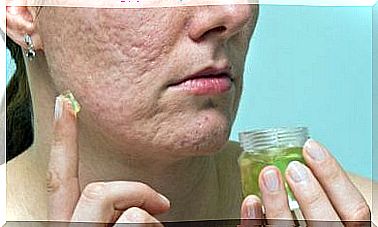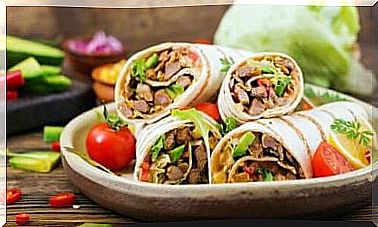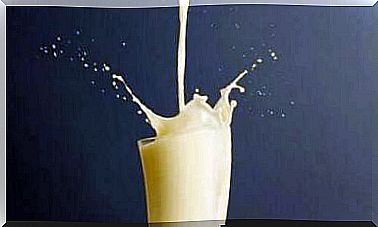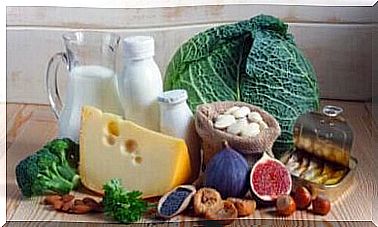Vegan As A Teenager: A Growing Trend

There are pros and cons to a vegan diet. An herbal diet alone can improve your health and help you stay at your ideal weight. However, there are also certain controversial aspects to this diet. Namely, it can lead to a deficiency of certain nutrients if the diet is not properly planned. What do you need to know if you want to be a vegan as a teenager?
What are vegans and vegetarians?
Based on numerous articles circulating in the media, as well as conferences held by professionals on the subject, it appears that there are now more teenage vegans than ever before. However, there are several controversies surrounding this diet, in addition to causing a rift between the vegan youth and his or her parents.
R. González Leal, of the Endocrinology Outpatient Clinic of the Hospital Infantil Universitario Niño Jesús in Madrid, gives the following basic definition of the differences between veganism and vegetarianism:
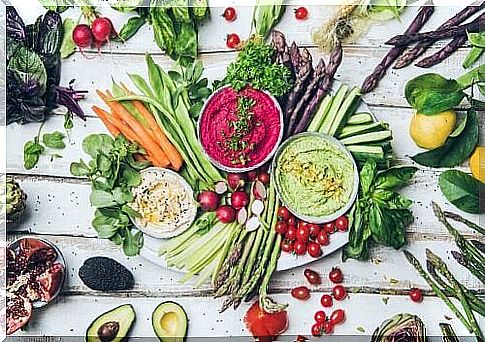
Behind the scenes: why favor vegan diets?
The most common reasons for choosing a vegetarian diet are health reasons, environmental concerns, and animal welfare factors.
Some mention that they also follow a vegan diet for economic reasons, ethical reasons related to world hunger, and religious reasons. Many have followed that diet since childhood if they have grown up in a vegetarian family.
Vegan as a teenager: a worrying, risky and growing reality
Adopting a plant-based diet can lead to decreased intake of certain nutrients. However, deficiencies can be avoided by following a well-designed herbal diet that includes vegetables, fruits, whole grains, legumes, nuts, and seeds.
In vegetarians, two populations are particularly at risk.
- The first group are children and adolescents who are still developing and need all possible nutrients, especially essential amino acids.
- The second group are women because they need more iron. Of course, this mineral is found in legumes and other plant-based foods, but its bioavailability is lower than in meat.

As a vegan teenager, is it of any use?
While there are some benefits to herbal diets, it is important to be aware of certain controversial or even detrimental features.
Here is more information in this regard:
- A well-designed vegetarian diet is often associated with numerous health benefits.
- An animal protein has all the essential amino acids, while plant proteins lack some or very little (limiting amino acid). For example, in cereals, the limiting amino acid is lysine, while in legumes, the limiting amino acids are methionine and threonine.
- Adolescence is the most vulnerable time for the onset of eating disorders.
Finally
The U.S. National Library of Medicine mentions certain recommendations when following an herbal diet. Such a diet should:
- Eat a variety of foods such as vegetables, fruits, grains, nuts, seeds and whole grains. If your diet allows, add dairy products and eggs.
- Choose fortified foods such as cereals, bread, soy or almond milk and fruit juices to get a rich variety of nutrients.
- Avoid foods that are too high in fat, sugar and sodium (salty).
- Include at least one source of protein for each meal.
- Eat supplements if your diet is deficient in certain vitamins and minerals.
- Keep in mind that vitamin B12 is needed to prevent anemia. Eggs and dairy products are high in this vitamin, which can make it difficult for vegans to get enough of it.
- Learn to read food product labels, which list the product’s ingredients and nutritional content.
Seek the help of a nutritionist to ensure that you are getting all the nutrients you need to follow a restrictive diet.

